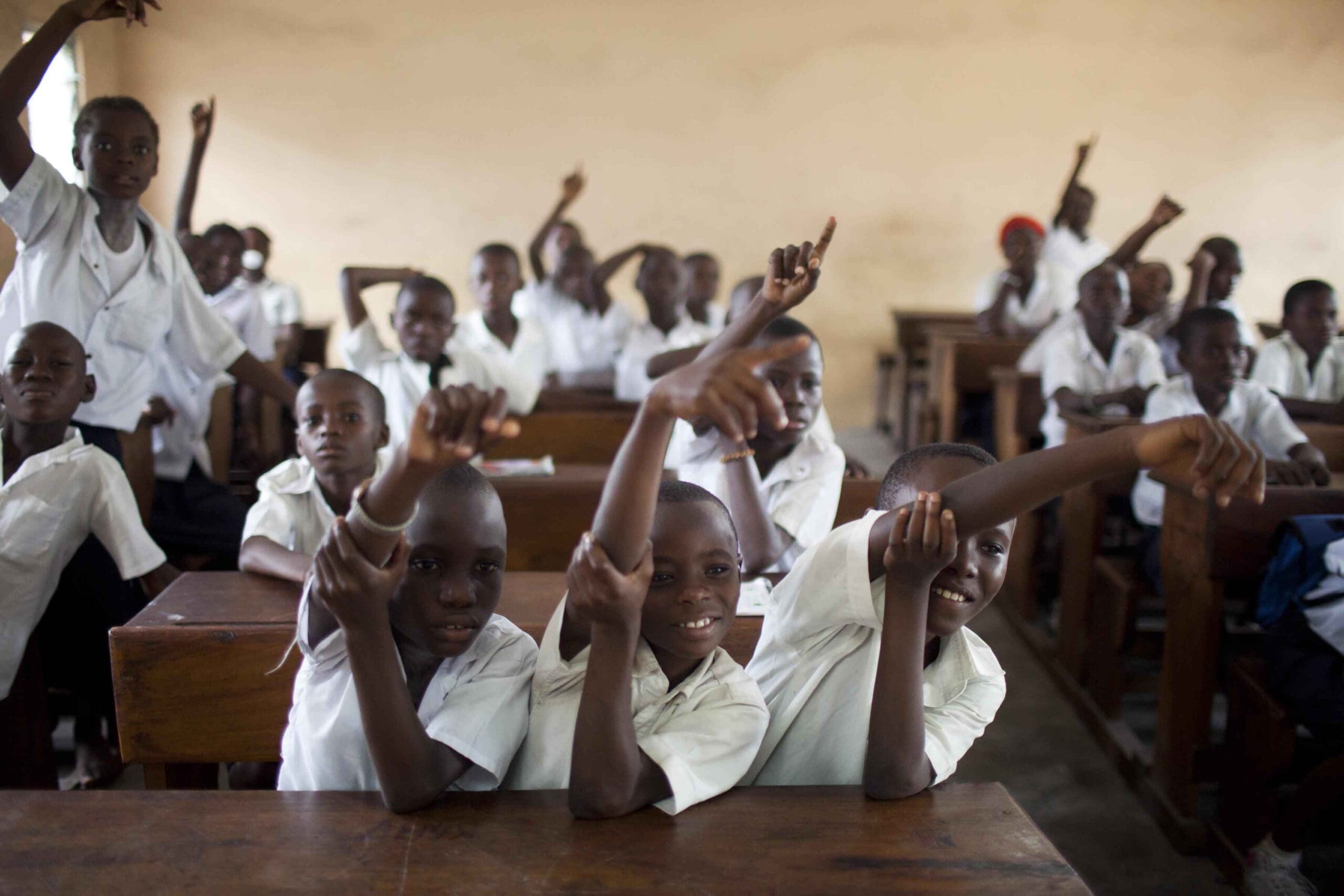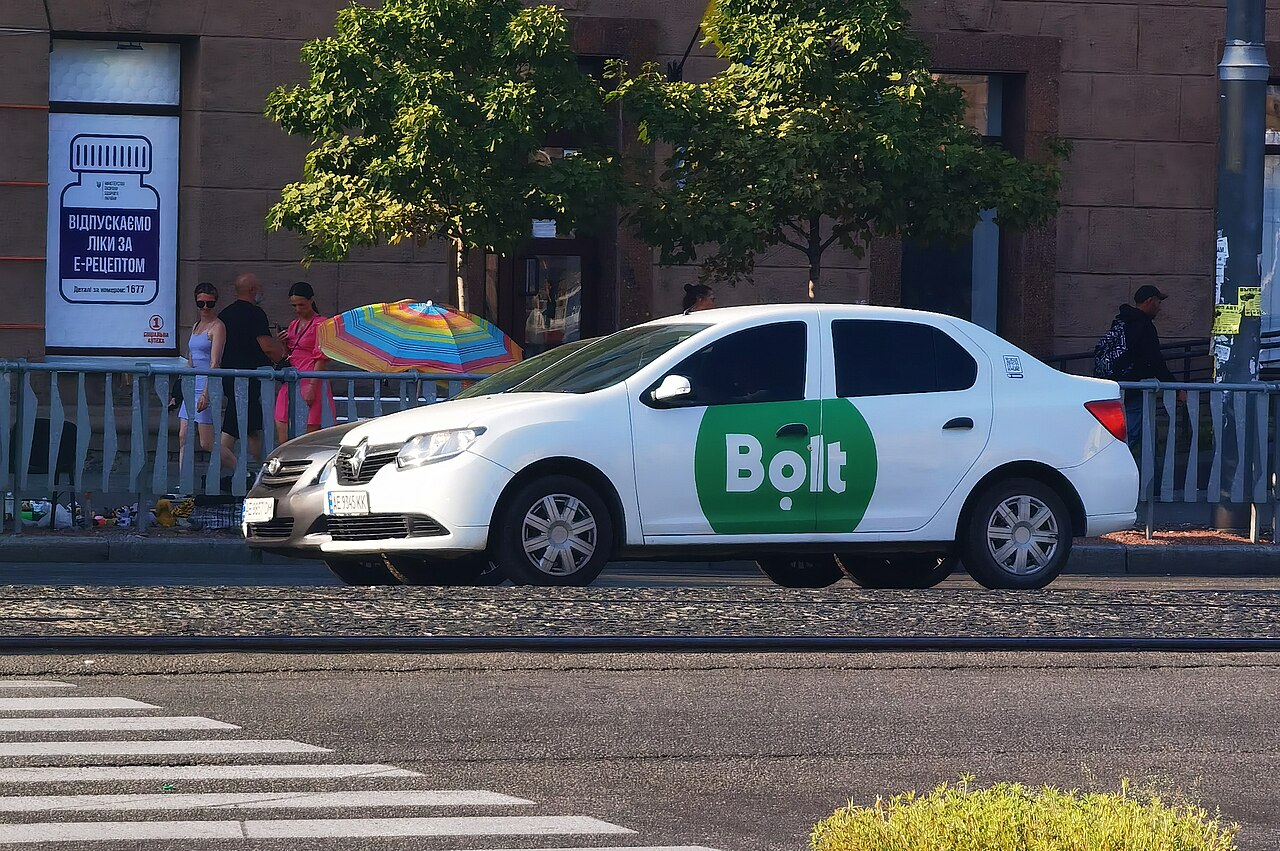In recent weeks, South African schools have been thrust into the spotlight due to a series of distressing incidents involving racism and violence. From controversial WhatsApp groups to mock slave auctions, these events highlight deep-seated issues within the educational system. Here’s a closer look at the unfolding drama and its broader implications.
The Pretoria High School Controversy: Racism row
Last week, the School Governing Body (SGB) cleared 12 girls of any wrongdoing in a disciplinary probe. These students were initially suspended, on 24 July, for statements made in a “whites-only” WhatsApp group. However, the SGB found inconsistencies in the testimonies against them and a lack of solid evidence, ultimately deciding the girls were not guilty of violence, bullying, or disruptive behaviour.
Department spokesperson Steve Mabona explained, “The report mentions a WhatsApp group, whose discussions and exchanges within were examined during the disciplinary hearing. These discussions were part of the evidence presented against the implicated learners. However, according to the SGB, the content from the WhatsApp group was found to be inconclusive and did not substantiate the charges of violence, bullying, or disruptive behaviour.”
Despite this, the Gauteng Department of Education is launching an independent investigation to determine whether a culture of racism exists at the school. The probe will not focus on the 12 girls but will look into broader allegations of racism.
Mabona added, “This decision is further motivated by the fact that the report of the SGB’s ruling makes no mention of racism or discrimination against learners, whereas there has been a strong presumption of the existence of such at the school.”
The Hair Incident of 2016
If this feels like déjà vu, it’s because Pretoria High School for Girls has been here before. In 2016, it made international headlines when black pupils protested against a rule requiring them to chemically straighten their hair, as Afro hairstyles were deemed untidy. This time, the controversy centres around a “whites-only” WhatsApp group where black students were allegedly targeted with microaggressions and racially charged comments.
Several black pupils, speaking anonymously to Daily Maverick, revealed they had seen messages from the group suggesting they wanted “special treatment” and should “get over apartheid.” One message reportedly read, “having Afros and dying hair” was something black students got away with.
Principal Phillipa Erasmus has been placed on a three-month precautionary suspension. She’s accused of failing to act on the allegations brought to her attention in 2023. The Department of Education has made it clear that her suspension is a separate labour relations issue, not linked to the SGB’s ruling.
The Video Controversy
A black pupil from Pretoria High School for Girls was suspended after a video featuring her comments about white pupils went viral. In the video, shared by controversial musician and parody artist David Scott on X (formerly Twitter), the pupil stated, “Guys, I have not asked even a single white person to, like, bow down, I haven’t. Like, we’ve just forgotten; like, guys, we just let them off the hook this year. I think it’s because we are in matric. There’s no time for feeling sorry for them, so we are going to let it go. But come April, on Freedom Day, on Freedom Day, they will feel the wrath.”
If you are a black girl at Pretoria Girls High School, you can share racist views about white girls publicly without fear of any persecution.
— The Kiffness (@TheKiffness) July 31, 2024
If you're a white girl at the same school, sharing valid feelings about how black girls are treated differently on a private Whatsapp… pic.twitter.com/6uDQtwrKCf
The video’s release by Scott, who goes by the stage name The Kiffness, stirred up more controversy. He posted, “If you are a black girl at Pretoria Girls High School, you can share racist views about white girls publicly without fear of any persecution. If you’re a white girl at the same school, sharing valid feelings about how black girls are treated differently on a private WhatsApp group will get you suspended.”
The Gauteng Department of Education confirmed the suspension but has not yet set a date for the disciplinary hearing. The timing and nature of her suspension have raised eyebrows, especially given the broader context of alleged racial tensions at the school.
Anti-racism expert Teresa Oakley-Smith weighed in on the incident, stressing the importance of thorough investigations before making suspensions. “What I would say is, clearly, this school has a really bad environment regarding race. After the hair controversy in 2016, suggestions were made to improve race relations, but it seems nothing substantial was done. Schools need to create an environment where racism is abhorred and where they see the value in creating a cohesive environment.”
Pastors swinging Pangas
Paseka “Pastor Mboro” Motsoeneng was caught on video swinging a panga at a school in Gauteng, on Monday, prompting outrage from the community and the education department. The department of education described his behaviour as “violent and appalling,” stating it has no place in schools or society.
The incident occurred when Mboro accompanied his son to Matsediso Primary School to pick up his grandchildren amid a heated custody dispute. The children’s father arrived with Mboro and another man, both armed—Mboro with pangas and the other man with an assault rifle. Teachers, reportedly acting on instructions from the children’s grandmother, tried to prevent them from leaving. In response, Mboro brandished a panga, allowing the father to take the children.
Basic Education Minister Siviwe Gwarube expressed her anger over the attack on the school, emphasising that such behaviour will not be tolerated. Gauteng Education MEC Matome Chiloane assured that support would be provided to the affected teachers and pupils and that justice would be pursued vigorously.
The community’s reaction to the incident was swift and severe. Residents of Katlehong vandalised and set Mboro’s Incredible Happenings Church on fire. By the time reporters arrived at the scene, the church was reduced to nothing but scrap metal and remnants of the stage.
[WATCH]
— Kgomotso🌸 (@motso_modise) August 6, 2024
This is what’s left of Pastor Paseka ‘Mboro’ Motsoeneng’s Incredible Happenings church.
Waste pickers are already here. pic.twitter.com/yFfICdBxPD
Police have arrested Mboro and three others involved in the incident. They face charges including assault, intimidation, and malicious damage to property. The police are also investigating further, with more arrests possible.
This incident has sparked serious discussions about school security and the measures needed to protect students and staff from such violent outbursts in the future.
The Pinelands High School Scandal: Slavery at Schools
Pinelands High School in Cape Town is currently embroiled in a scandal after a shocking video of a mock “slave auction” went viral. In this disturbing footage, several black students were seen in a caged area while their classmates, who are coloured, pretended to auction them off.
The video, captioned “Slavery at schools is crazy,” sparked immediate outrage on social media and within the community. The incident reportedly took place before the start of school on Thursday 26 July, showing black pupils in what appeared to be a bicycle storage area, while coloured pupils outside the enclosure called for bids, jokingly starting prices at R10,000.
In response, the Pinelands High School governing body released a letter confirming the suspension of several students involved and announced an ongoing investigation into the racist bullying incident. “Our school has long grappled with the injustices of the past, and this incident serves as a poignant reminder of the critical importance of our ongoing conversations about race, privilege, bullying, social media pranks, and the impact of our words and actions in both the physical and digital world,” the letter stated.
The Western Cape Education Department spokesperson, Bronagh Hammond, confirmed that senior officials had visited the school, and an investigation was underway. “The school had already initiated an investigation into the event in terms of its disciplinary procedures, following an allegation of racist bullying,” Hammond said.
As investigations continue and communities grapple with these issues, it’s clear that South African schools must confront and resolve these deep-seated problems. Creating inclusive and respectful educational environments is essential not only for the well-being of students but for the health of society as a whole.




